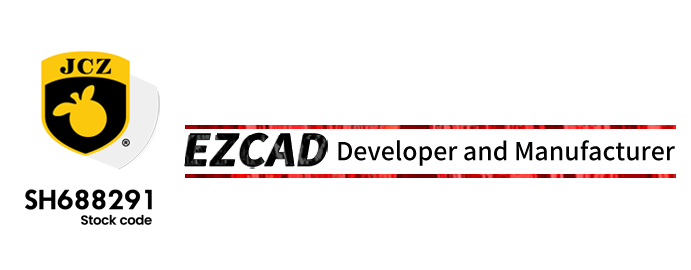For decades, thick-film technology has been proven to be a reliable and efficient method. Hybrid microelectronics, which is the main application of thick-film materials, has gradually entered military and aerospace applications where reliability is crucial.
Introduction to Thick Film Hybrid Integrated Circuits
What is a Thick Film Ceramic Circuit Board?
A thick film ceramic circuit board is made by screen printing conductors, resistors, dielectrics, and other pastes onto substrates made of alumina (Al₂O₃), aluminum nitride (AlN), or beryllium oxide (BeO). The paste is sintered at high temperatures, forming a strong bond between the paste and the substrate. Generally, a film with a conductor thickness ranging from a few micrometers to tens of micrometers is considered thick film.
Characteristics of Thick Film Ceramic Circuit Boards
- Stable Performance: Thick-film circuits exhibit stable performance in harsh environments such as high temperatures and humidity.
- High Power Capacity: They can withstand large amounts of power, making them suitable for high-power applications.
- Relatively Low Cost: The manufacturing process is simple and suitable for large-scale production.
- High Temperature Resistance and Precision: The resistors on thick film ceramic circuit boards can withstand high temperatures and have high precision (0.5%).
- High Flexibility in Design: Circuits can be customized according to specific requirements, with multi-layer designs and conductive holes.
- Excellent Electrical Insulation, Strength, Low Thermal Expansion, Chemical Stability, and Thermal Conductivity: Ceramic circuit boards offer good insulation, high strength, low thermal expansion, and excellent chemical stability and thermal conductivity.
Laser Trimming of Thick Film Hybrid Integrated Circuits
Precision
Thick-film chip resistors are manufactured using screen printing technology. Due to variations in the screen gap and unevenness of the resistor substrate surface, thick-film chip resistors often exhibit positive and negative errors. With current manufacturing techniques, the relative error can only reach 5%, or even lower. Thick-film resistors typically have resistance values ranging from 1Ω to 10MΩ. After laser trimming, resistance values can be adjusted to achieve precision levels of 5%, 1%, or even 0.1%.
Resistance Value
Laser trimming technology primarily targets film resistors (both thin-film and thick-film resistors). It uses a laser beam to burn away a small portion of the resistor, thus increasing its resistance value. During the laser trimming process, automatic testing equipment adjusts the resistors in the circuit to the optimal resistance value.
Process Flow of Thick Film Integrated Circuits
Traditional trimming methods require a significant amount of time to change the trimming tools when processing resistors of different specifications. This process is not conducive to continuous resistor production. Moreover, continuous operation of high-load tools leads to tool wear, which affects the width and depth of the grooves, ultimately impacting the consistency of mass production.
Laser processing, on the other hand, offers a non-contact, consumable-free, highly stable, and precisely controllable solution, which has replaced traditional mechanical trimming machines.
Advantages of Laser Trimming Technology
The main advantage of laser trimming technology lies in its non-contact processing method, which avoids damage to the workpiece that could occur with traditional processing methods. Additionally, its high precision and speed significantly improve production efficiency and product quality. This technology offers distinct advantages in production environments, making it ideal for high-precision processing in the electronics components field, further enhancing automation.
In summary, the application of laser trimming technology in thick-film integrated circuits is a key function for achieving precise resistor adjustments and circuit functionality. Its high precision, speed, and reliability have led to its widespread use across various industries.
Company Introduction
Beijing JCZ Technology Co., Ltd. (Stock Code: 688291) was established in 2004 and focuses on the research and development of control software, systems, and components in the field of laser industrial processing. It is recognized by the Ministry of Industry and Information Technology as a specialized and innovative “The Rising Star Award” enterprise, a specialized and innovative “The Rising Star Award” enterprise in Beijing, a high-tech enterprise recognized by the Beijing Municipal Science and Technology Commission, and a partner unit in Fengtai District’s “Doubling Catch-up and Cooperative Development” initiative.
In the future, JCZ will continue to innovate technologically and strive to build a “Beam Delivery & Control” technology platform, providing customers with “Integrated Drive and Control” products and comprehensive solutions, delivering high-quality products and services to system integrators and users, and becoming a competitive and influential “Beam Delivery & Control Expert.
Post time: Nov-15-2024









